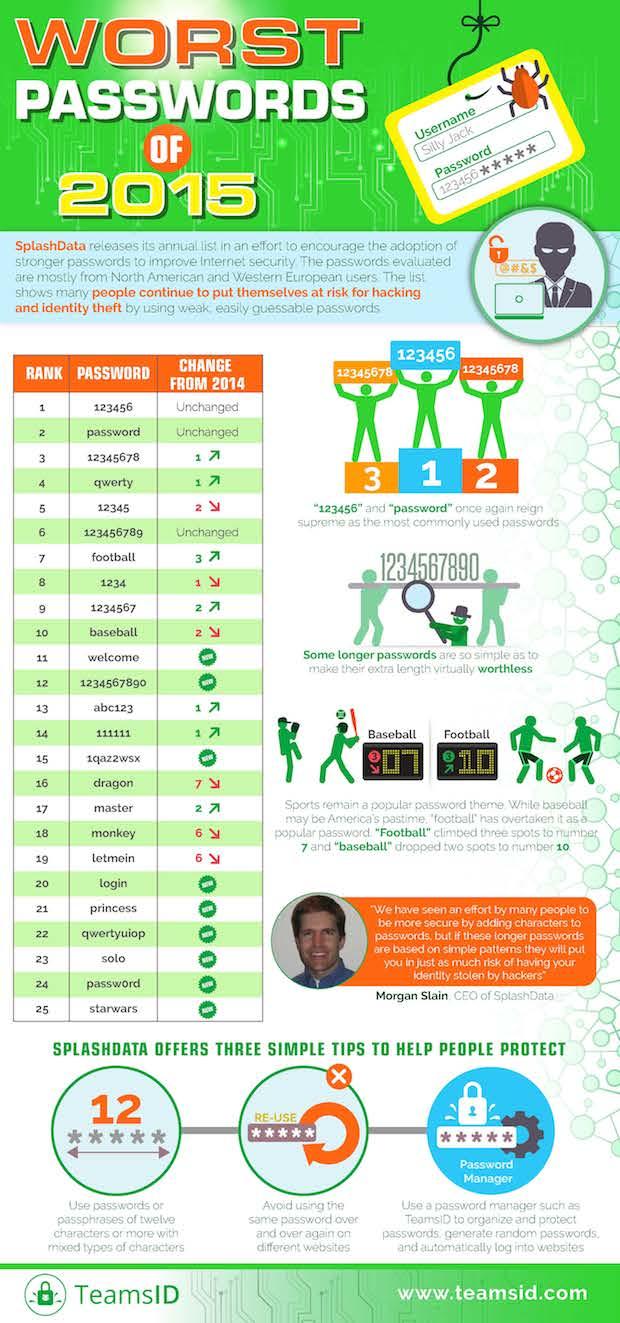Somebody asleep at the security switch...
Database of 191 million U.S. voters exposed on Internet: researcher
Mon Dec 28, 2015 - An independent computer security researcher uncovered a database of information on 191 million voters that is exposed on the open Internet due to an incorrectly configured database, he said on Monday.
Database of 191 million U.S. voters exposed on Internet: researcher
Mon Dec 28, 2015 - An independent computer security researcher uncovered a database of information on 191 million voters that is exposed on the open Internet due to an incorrectly configured database, he said on Monday.
The database includes names, addresses, birth dates, party affiliations, phone numbers and emails of voters in all 50 U.S. states and Washington, researcher Chris Vickery said in a phone interview. Vickery, a tech support specialist from Austin, Texas, said he found the information while looking for information exposed on the Web in a bid to raise awareness of data leaks. Vickery said he could not tell whether others had accessed the voter database, which took about a day to download.
While voter data is typically considered public information, it would be time-consuming and expensive to gather a database of all American voters. A trove of all U.S. voter data could be valuable to criminals looking for lists of large numbers of targets for a variety of fraud schemes. "The alarming part is that the information is so concentrated," Vickery said. Vickery said he has not been able to identify who controls the database, but that he is working with U.S. federal authorities to find the owner so they can remove it from public view. He declined to identify the agencies. A representative with the Federal Bureau of Investigation declined to comment.
A representative with the U.S. Federal Elections Commission, which regulates campaign financing, said the agency does not have jurisdiction over protecting voter records. Regulations on protecting voter data vary from state to state, with many states imposing no restrictions. California, for example, requires that voter data be used for political purposes only and not be available to persons outside of the United States. Privacy advocates said Vickery's findings were troubling.
MORE


